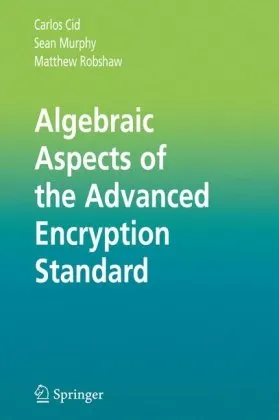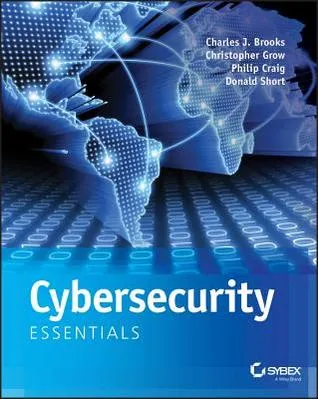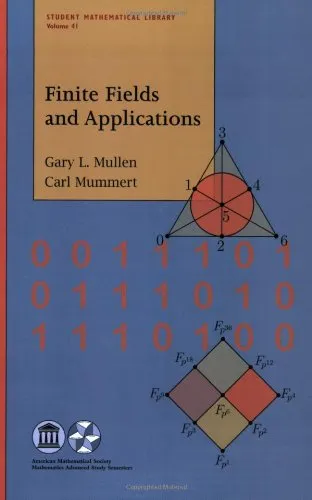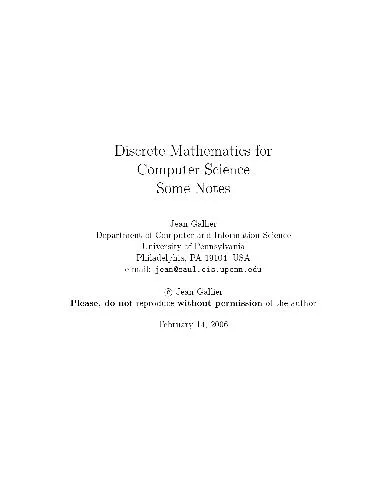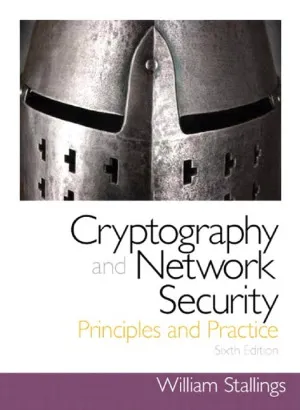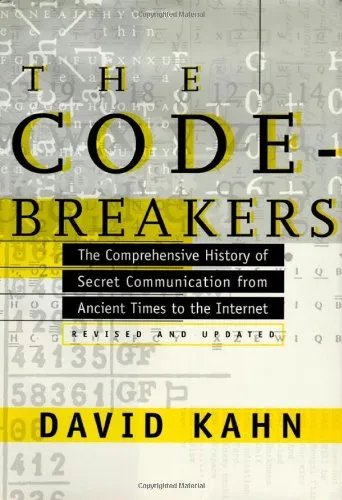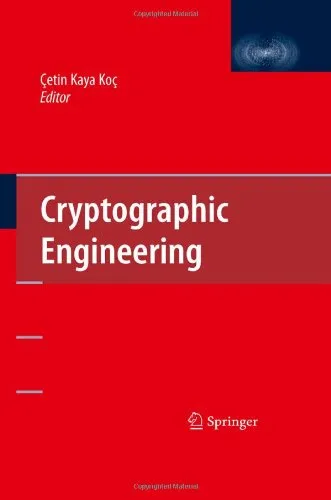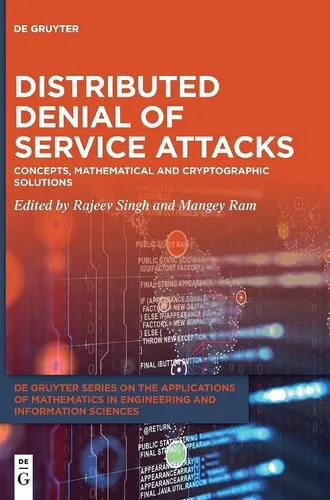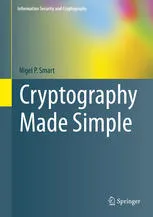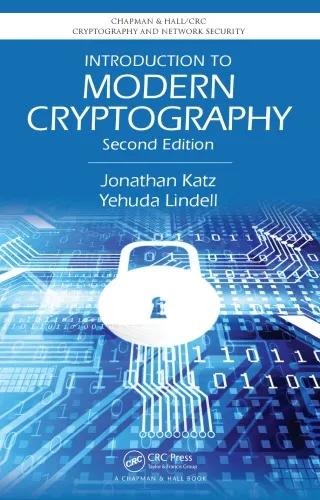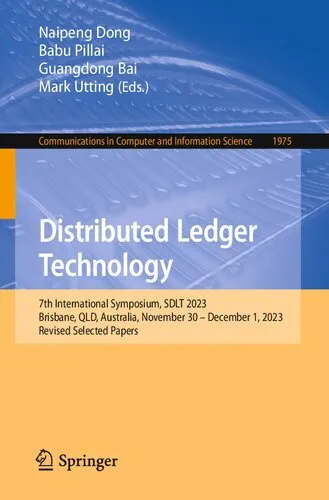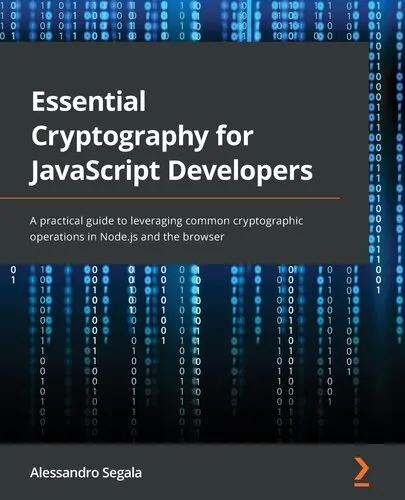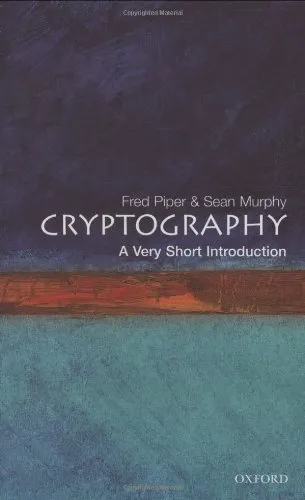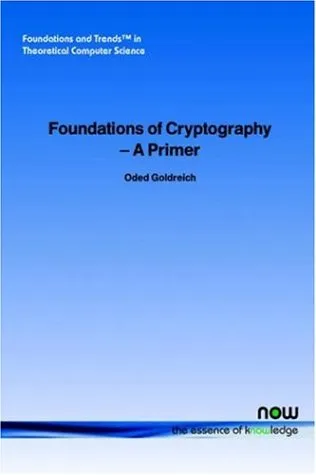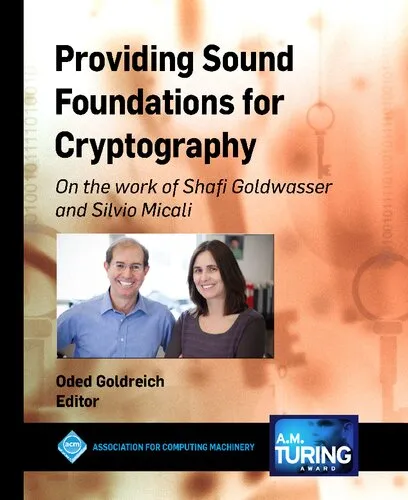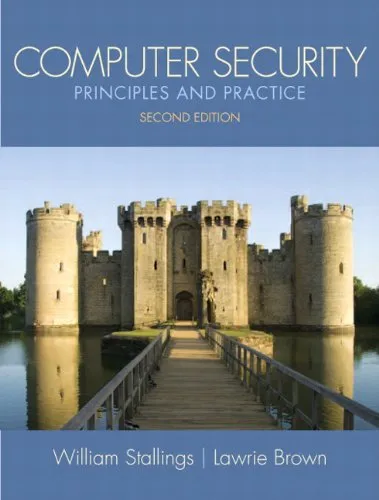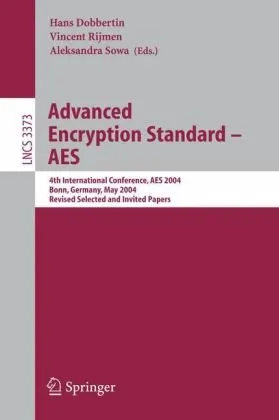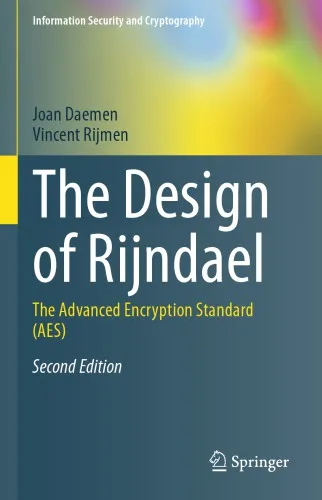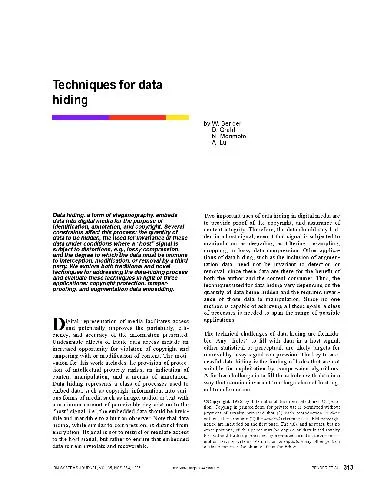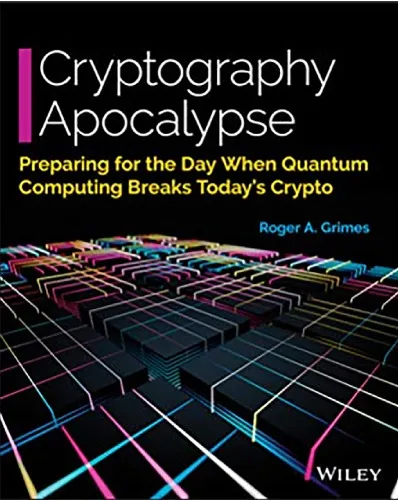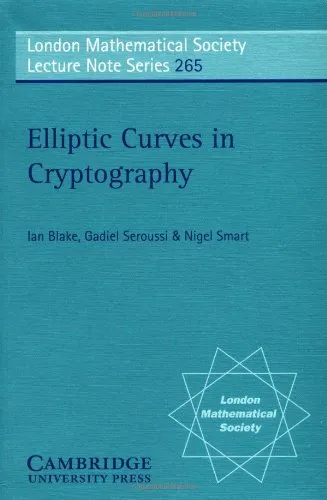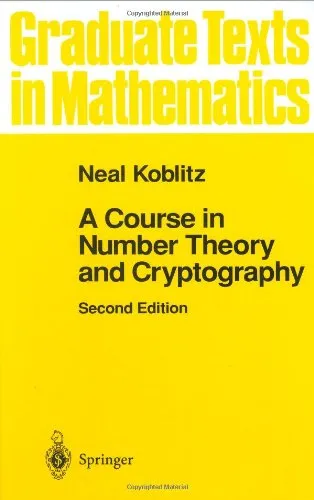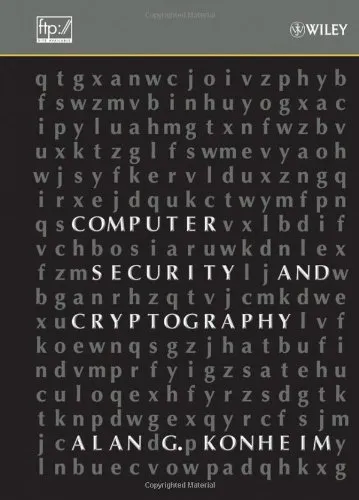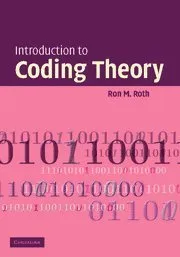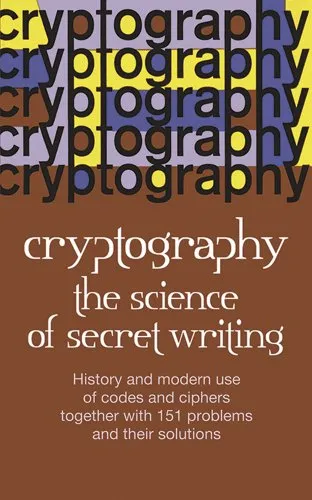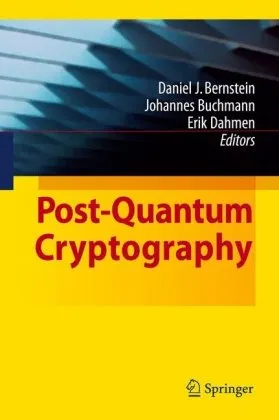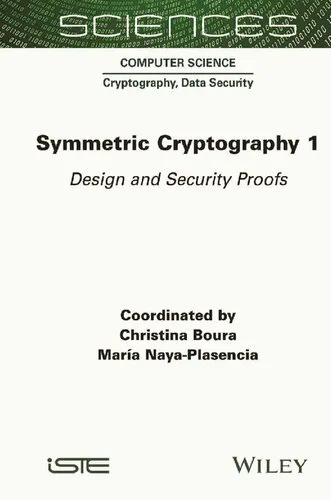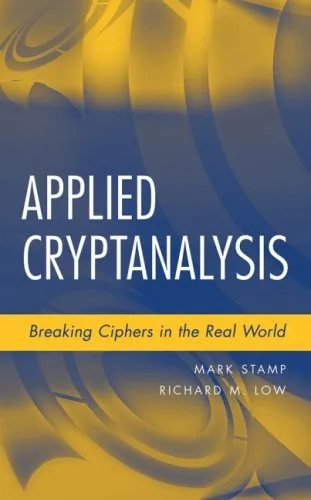Algebraic Aspects of the Advanced Encryption Standard (Advances in Information Security)
4.5
Reviews from our users

You Can Ask your questions from this book's AI after Login
Each download or ask from book AI costs 2 points. To earn more free points, please visit the Points Guide Page and complete some valuable actions.Related Refrences:
Introduction to 'Algebraic Aspects of the Advanced Encryption Standard (Advances in Information Security)'
Welcome to an in-depth exploration into the mathematical underpinnings of one of the most renowned encryption standards in the digital age, the Advanced Encryption Standard (AES). This book delves into the intricate algebraic structures that form the foundation of AES, blending theoretical insights with practical implications in cryptography.
Detailed Summary of the Book
The Advanced Encryption Standard, or AES, has become a cornerstone of information security protocols, owing to its robustness and efficiency. However, the complexity and mathematical sophistication behind its construction often go underexplored. This book, 'Algebraic Aspects of the Advanced Encryption Standard', fills this gap, providing both theoretical cryptographers and practitioners with a comprehensive guide to the algebraic frameworks inherent in AES.
The book is structured to trace the evolution of cryptanalysis, focusing on how algebraic approaches can be applied to decrypt AES. It begins by detailing the history and development of AES, setting the context for subsequent discussions of algebraic attacks. Core chapters are devoted to the technical details of AES operations, including substitution-permutation networks, and the Rijndael S-box, emphasizing their algebraic nature.
The authors, Carlos Cid, Sean Murphy, and Matthew Robshaw, present a critical examination of algebraic attack methodologies, including polynomial expression techniques and Gröbner basis algorithms, and assess their practicality in compromising AES security. Additionally, the book sheds light on potential vulnerabilities and theoretical weaknesses, prompting readers to consider future enhancements and research directions.
Key Takeaways
- A rigorous examination of the algebraic structure of AES and its components.
- Insight into various cryptanalytic techniques and how they apply to AES.
- An understanding of the balance between theoretical vulnerabilities and practical security.
- Discussion on the implications of algebraic cryptanalysis in modern encryption.
Famous Quotes from the Book
"As we deepen our understanding of AES, it becomes evident that its security lies not just in complexity, but in the elegant structures of its algebraic heart."
"The pursuit of vulnerabilities in AES is not merely a quest for flaws, but an exploration of the boundaries of cryptographic resilience."
Why This Book Matters
The significance of 'Algebraic Aspects of the Advanced Encryption Standard' cannot be overstated in an era where data protection and privacy are paramount. As AES is employed ubiquitously across various security protocols, understanding its algebraic aspects provides vital insight into both strengthening existing systems and innovating new solutions. The book serves to bridge the gap between purely academic research and practical application, offering invaluable knowledge to cryptographers, computer scientists, and IT professionals.
This exploration not only enhances appreciation for the intricacy of AES but also encourages critical thinking about future cryptographic standards. Through its meticulous analysis, this book fosters an environment of ongoing learning and adaptation, essential traits in the ever-evolving field of information security.
Free Direct Download
You Can Download this book after Login
Accessing books through legal platforms and public libraries not only supports the rights of authors and publishers but also contributes to the sustainability of reading culture. Before downloading, please take a moment to consider these options.
Find this book on other platforms:
WorldCat helps you find books in libraries worldwide.
See ratings, reviews, and discussions on Goodreads.
Find and buy rare or used books on AbeBooks.
1408
بازدید4.5
امتیاز0
نظر98%
رضایتReviews:
4.5
Based on 0 users review
Questions & Answers
Ask questions about this book or help others by answering
No questions yet. Be the first to ask!
